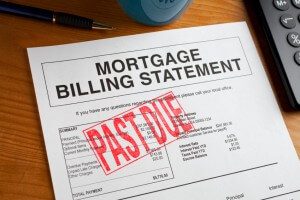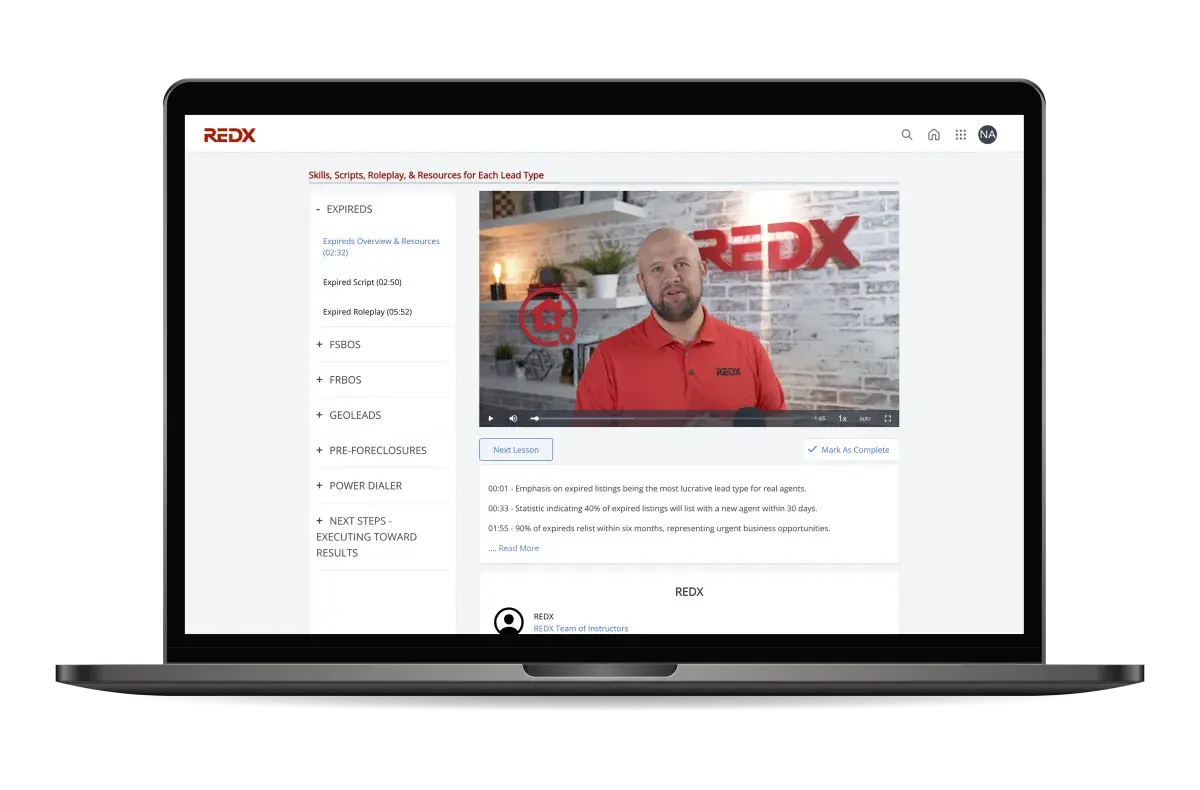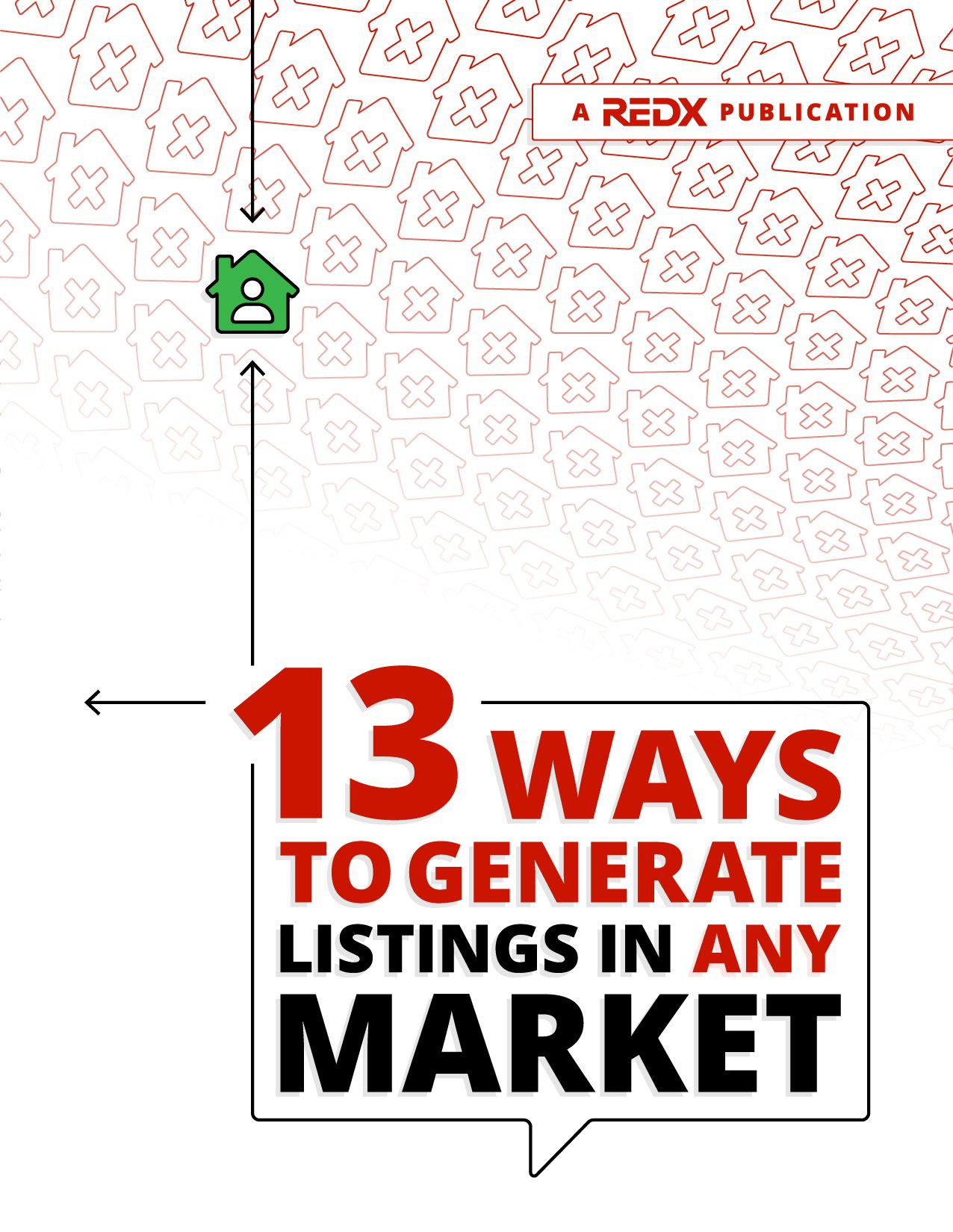Have you ever held an open house that fell absolutely flat? Where no one showed, or those who did show didn’t produce any leads at all? As a real estate agent, it can be disappointing and discouraging to feel that your hard work hasn’t paid off.
Don’t despair. If done right, an open house can be an extremely effective sales tool. Here are 4 tips to help your next open house be a smashing success.
1. Advertise strategically.
Promote your open house in the place where most buyers are currently looking – on the web. Post your open house on both national real estate sites and local classifieds like Craigslist and often there are local Facebook groups for neighborhoods. Send a note to everyone on your list of current or prospective clients. They might not be in the market right now, but they probably know someone who is.
2. Place signs everywhere.
Signs might seem old-school, but they still bring people in. House hunters who want to buy in a particular neighborhood will often drive around that neighborhood looking for houses for sale. Also, residents in the neighborhood may have relatives or friends who are looking to buy a home and will tell them about your open house when they see your sign.
3. Get leads without making visitors feel pressured.
Often people who come to an open house just want to look around. They don’t want to commit to anything, and they certainly don’t want to answer questions from a pushy realtor. But that’s no reason to let those opportunities slip through your fingers. Instead, have a sign-in sheet or a guest book near the front door that asks for the following:
- Name
- Phone number
- Email address
- Check boxes with the option of yes or no:
- Do you have a lender/funding lined up?
- Are you pre-approved?
- Do you have a real estate agent?
- Do you have a home to sell?
Allowing people to check yes or no lets them give you information for future use without having to discuss it with you. It also frees you up to make friendly conversation, point out the great features of the home, and make those all-important personal connections.
4. Make sure visitors leave with a packet of information.
Include neighborhood information and a local market data report with recent sales activity and average selling prices. Give them your business card and other contact information in the packet. Consider adding a thank you note or small gift for attending. This is a minor gesture that can have powerful results.
The open house is here to stay. Even with more buyers doing their own research on the web, nothing can substitute for actually walking through and getting the feel of a home. And these savvy shoppers, more than ever before, will appreciate and respond to an open house that provides them with a personal experience that they just can’t get through the internet.









